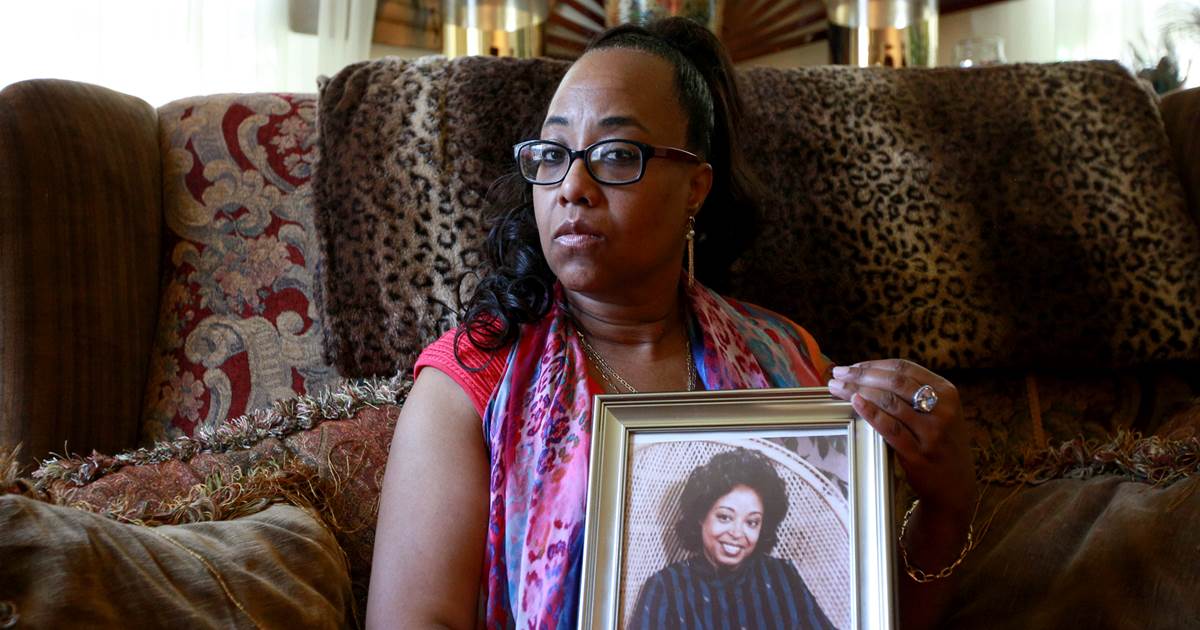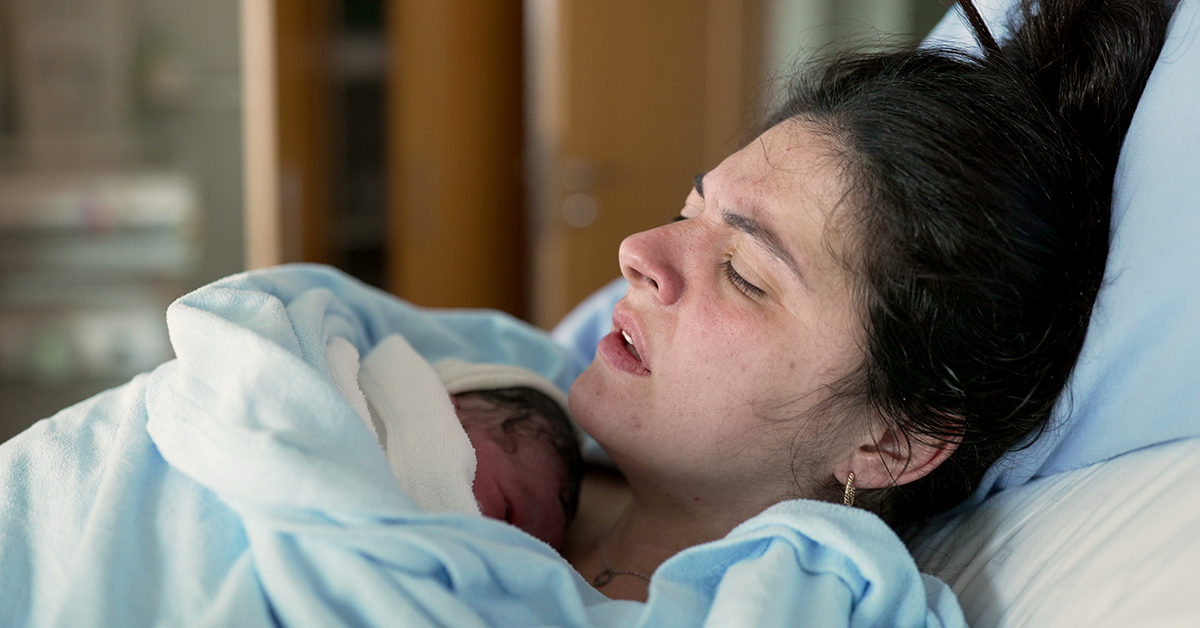Advocates and analysts are still wondering how Joseph Schwartz’s empire was allowed to grow so large so quickly without authorities sounding alarm bells.
Once a week for two years, police Lt. Jeannine Pettiford had visited the nearby nursing home where her 52-year-old cousin with cerebral palsy lived. But on their daily phone call in early May, her cousin had bad news.
“I’m getting kicked out,” he told her.
In disbelief, Pettiford asked to speak with a nurse, who told her there were rumors of closure. Her alarm rose when she visited the facility and saw nurses crying. The nursing home’s owner, Skyline Healthcare, had told its staff there was no more money.
Skyline’s four other nursing homes in Massachusetts were facing the same crisis. Funds were so short, staff had begun buying toilet paper with money from their own pockets, according to former employees. Residents and their families discovered from local newscasts they had just 30 days to find somewhere else to live.
“Nobody from the nursing home ever called me to tell me,” Pettiford said. She was angry. And, she later learned, so were many others.
At its peak, Skyline Healthcare owned or ran more than 100 facilities in 11 states, overseeing the care of more than 7,000 elderly Americans. But during the past two years, the chain has collapsed, and more than a dozen Skyline-operated nursing homes have shut their doors, throwing residents, vendors, employees and state regulators into chaos.
Many homes ran out of money. Others were shut down over neglect documented in government records. Fourteen homes were forced to close permanently, displacing more than 900 residents to new facilities, sometimes hours away.
The story of Joseph Schwartz and Skyline Healthcare is one of swift expansion, alleged mismanagement and catastrophic failure. An NBC News investigation reveals the scale of the Skyline debacle, in which one man built an empire that quickly crumbled, with painful consequences for vulnerable people.
It also shows the failure of state and federal authorities to keep up with just who owns and runs America’s nursing home facilities, which house 1.3 million elderly and disabled Americans — about three-quarters of them in beds paid for by taxpayers via Medicare and Medicaid. The states are responsible for tracking ownership and conditions at nursing homes within their borders, but only the federal government can monitor the performance of firms that own or operate facilities across the nation. The allegations of negligence at a major nursing-home chain come as the Trump administration is moving to ease, not increase, accountability for the industry, reducing penalties and terminating fewer contracts with problem owners.
Schwartz, meanwhile, still has ownership stakes in 53 nursing homes, according to federal records. He has not returned multiple messages and emails requesting comment from NBC News.
“I just don’t think I’ve ever seen anything like it,” said Stephen Monroe, an industry analyst of three decades who is the managing editor for the nursing home trade magazine Senior Investor. “I have no idea what that family was thinking. To go from 10 to 100 in two years with no real back office? I looked at that and said from day one, ‘Impossible.”
Source: NBC News
Keep Reading
Want more? Here are some other blog posts you might be interested in.




